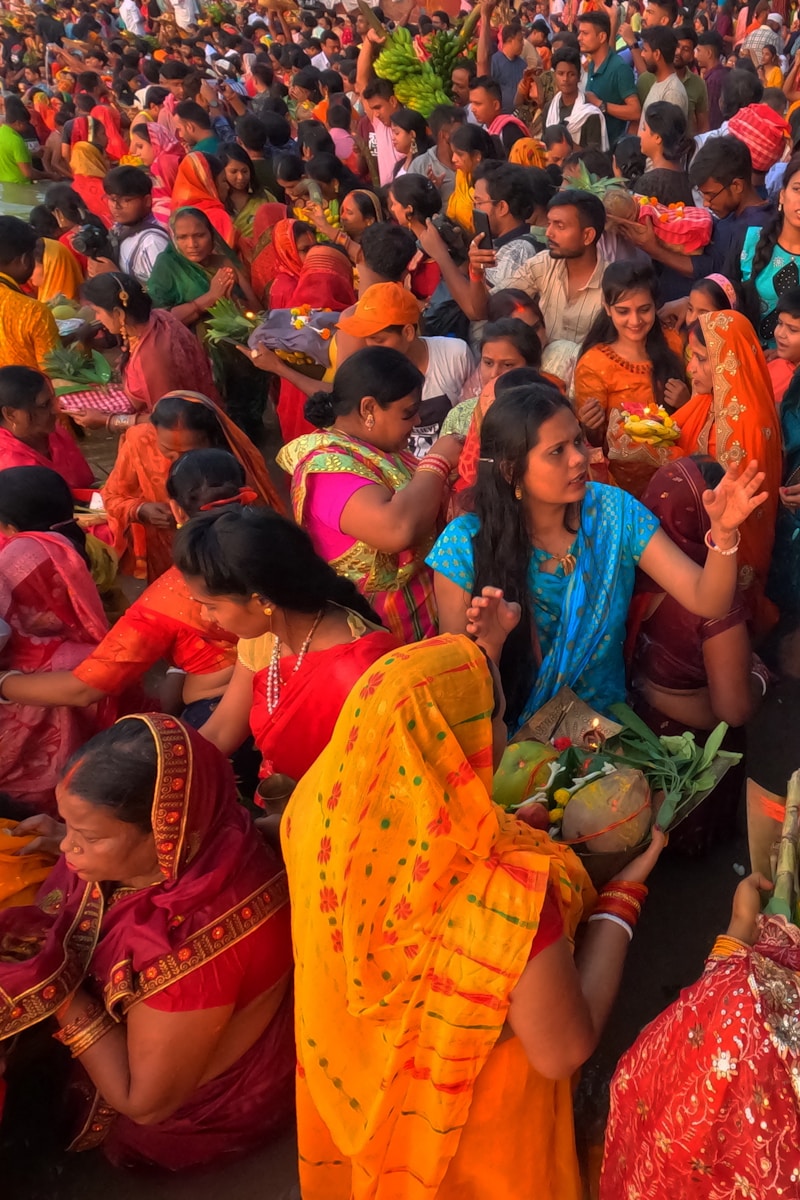Family Traditions in Wedding Planning: Embracing Heritage for a Memorable Celebration
When it comes to wedding planning, one of the most delightful aspects is integrating family traditions into the celebration. Family traditions in wedding planning not only honor the past but also create a unique occasion that reflects the couple's identity and values. Whether you are tying the knot in a lavish ceremony or a simple gathering, incorporating these traditions can enrich the experience for everyone involved.
Understanding Family Traditions
Family traditions are generally defined as practices or customs that are passed down through generations. In many cultures, weddings are a significant milestone that often includes various rituals and ceremonies. These can range from cultural rites to specific family customs that have been in place for many years. Understanding these traditions is essential when planning a wedding that respects both the bride's and groom's backgrounds.
Why Incorporate Family Traditions?
Including family traditions in wedding planning can offer numerous benefits:
- Meaningful Connections: Traditions often carry sentimental value, allowing families to feel more connected during the wedding.
- Cultural Significance: Many traditions reflect cultural beliefs and values that can enhance the ceremony's significance.
- Memorable Experiences: Unique family customs can create unforgettable memories that guests will cherish.
Popular Family Traditions in Wedding Planning
Each family has its set of unique traditions, but some customs are widely recognized across different cultures. Here are a few popular family traditions that couples often incorporate into their wedding planning:
| Tradition | Description |
| Ceremony rituals | These can include lighting unity candles, the breaking of bread, or jumping the broom, each symbolizing the union of two families. |
| Family heirlooms | Using something passed down through generations, like a wedding ring or dress, adds a personal touch. |
| Family involvement | Inviting family members to partake in readings, music, or other roles can foster inclusion. |
| Cultural cuisine | Incorporating traditional family recipes can uniquely showcase heritage. |
Incorporating Traditions from Different Cultures
In today's interconnected world, many couples come from different cultural backgrounds. This blend offers the perfect opportunity to fuse various family traditions into the wedding. Here are some ways to do that:

For couples with different heritages, they can:
- Research and discuss each other’s traditions to select meaningful ones that resonate with both.
- Consider incorporating dual ceremonies that celebrate each family’s customs.
- Collaborate with family members to ensure that everyone's traditions are honored.
Example of Family Traditions Around the World
Let’s explore how different cultures celebrate family traditions in weddings:
Chinese Weddings
In Chinese weddings, the tea ceremony is a pivotal event where the couple serves tea to their elders, signifying respect and gratitude. This tradition embodies the importance of family hierarchy and harmony in Chinese culture. Furthermore, the color red is prominent, symbolizing luck and prosperity.
Indian Weddings
Indian weddings often feature vibrant celebrations lasting several days. One key component is the Mehndi ceremony, where intricate henna designs are applied to the bride's hands and feet. This is followed by the Saptapadi, where the couple takes seven steps together, symbolizing their lifelong commitment.
Jewish Weddings
Jewish weddings often include the Ketubah, a marriage contract, and the breaking of the glass, representing the fragility of relationships and the destruction of the Temple in Jerusalem. These traditions illustrate the deep-rooted values of faith and family in Jewish culture.
The Role of Family in Wedding Planning
A wedding is often seen as a family affair. Thus, involving family members in planning can help create a sense of belonging and shared purpose. Here are some strategies for involving family:
- Planning Meetings: Regular family meetings can be held to discuss plans, budget, and ideas.
- Seeking Advice: Older family members may have valuable insights about past traditions and how to incorporate them gracefully.
- Task Delegation: Assigning roles or tasks to family members can lighten the load on the couple and make everyone feel included.
Maintaining Balance: Modern vs. Traditional
The key to a joyful wedding is finding harmony between modern elements and traditional family customs. Here are some tips for striking that balance:
- Be open to adaptations of traditions, allowing them to fit the couple’s lifestyle while still honoring family heritage.
- Consider modern interpretations of family customs, such as using technology for remote family participation.
- Evaluate which traditions hold the most significance and prioritize those in the wedding planning.
Conclusion: Embracing Family Traditions in Wedding Planning
Incorporating family traditions in wedding planning can enhance the experience for both the couple and their families, creating a tapestry of shared values, customs, and memories. As couples navigate through various options and potential traditions, it's essential to maintain open dialogues with family members to ensure that everyone feels included while respecting cultural heritage. Ultimately, the goal of incorporating family traditions is to make the wedding as meaningful and memorable as possible, celebrating love, unity, and family bonds that will transcend generations.
As you move forward with your wedding planning, remember to ask yourselves the following:
- What family traditions are most meaningful to us?
- How can we blend our families' customs in a way that feels authentic?
- Are there modern twists we can incorporate to make these traditions our own?
Every wedding tells a story, and yours should include the rich tapestry of family traditions that have shaped who you are as a couple. Happy planning!